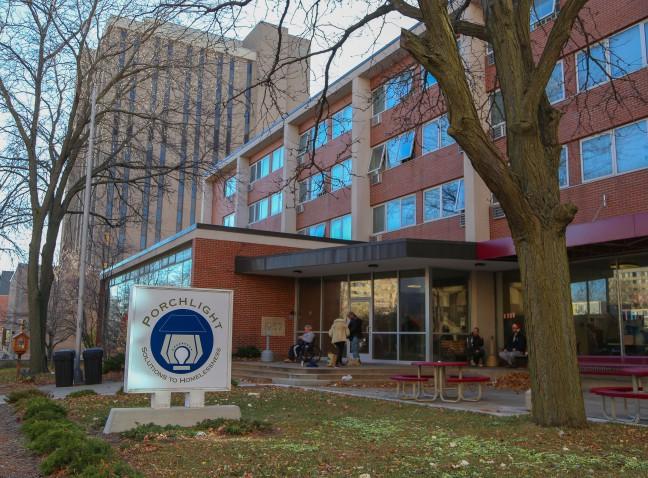After announcing that it lacked adequate funding to stay open after the end of the year, Safe Haven, a Porchlight Inc. transitional shelter for homeless individuals with mental illness, received a donation from CUNA Mutual Group that will allow it to remain open through March of next year.
Inspired by other small business donors, CUNA Mutual Group donated $100,000 to Safehaven earlier this week, according to the Wisconsin State Journal.
This donation means that the shelter will be able to keep vulnerable people off of the streets for the duration of the cold winter, providing them with laundry, shower facilities and temporary places to stay.
At the very least, Safe Haven will try to keep its doors open during the spring, Safe Haven’s manager Marjorie Lewis said.
Lewis said Safe Haven knew it was not going to be funded by the federal government. The system by which funding is awarded prioritizes permanent shelters, and Safe Haven only provides a place to stay for a limited amount of time, she said.
The purpose of transitional shelters is to provide services for those in need for up to two years and to offer services that promote self sufficiency such as assistance with job applications, according to the U.S. Census Bureau.
“Unfortunately, many of the people who seek shelter at Safe Haven are mentally ill and 60 percent of the population are also struggling with substance abuse,” Lewis said.
The difficulty of keeping these people housed makes appear Safe Haven less effective than it could be, Lewis said, which in turn makes it hard for transitional shelters like these to get funding.
But, without Safe Haven, Lewis said many people in need of these resources would be forced to live on the streets, creating more issues for the city of Madison.
“We as a community need to come together to care for citizens,” Lewis said.
Lewis suggested donations to Safe Haven and places like it are a feasible solution to the problems that inadequate funding create.
Fortunately, donors such as CUNA Mutual and A1 Furniture have donated substantially to keep Safe Haven open, especially during the cold winter months, according to WSJ.
In the meantime, Lewis said the shelter will be working on securing another source of long term grant funding.
She added that if the community doesn’t take responsibility, people will be paying higher taxes for solutions that more expensive than Safe Haven.
“We bear the cost of caring for our community in one way or another,” Lewis said.


